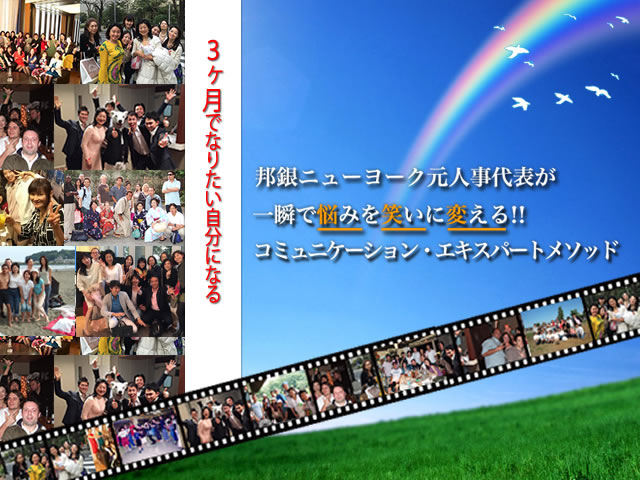― ファッションから気配りまで、日本とアメリカのギャップ
私の生徒さんの中に、ご主人の転勤で6年間ニューヨークに滞在された方がいます。
驚くことに、その娘さんも偶然同じように駐在が決まり、親子二代でアメリカ勤務という貴重な経験をされています。
世代や時代は違えど、海外で生活するという体験は、価値観を大きく広げ、人としての成長につながる素晴らしい機会です。
例えば「服装」の違い。ニューヨークではカジュアルでカラフルな格好も自然に受け入れられます。
しかし帰国後、そのまま日本で過ごしてみると「派手すぎる」と言われたり、周囲から怪訝な目を向けられることも。
私自身もラフな格好やリュック・スニーカーで通勤していた時代があり、周囲の視線を強く感じたものでした。
また、文化による「他人への関わり方」の違いも印象的です。
ニューヨークで私が通勤していた頃、スカートのファスナーが少し開いていても誰も指摘してくれませんでした。
アメリカでは「他人のことに干渉しない」のが基本だからです。
ところが日本では、同じ状況で近くの女性がすぐに教えてくれました。「相手のために声をかける」日本ならではの気配りが感じられた瞬間でした。
このような経験から学べるのは、文化の違いを「良し悪し」で判断しないことの大切さです。海外での自由さや個性尊重の風土、日本の気配りや協調の文化、それぞれに強みがあります。そして、グローバルに活躍するには、どちらかを否定するのではなく「違いを理解し、状況に応じて使い分ける柔軟さ」が求められます。
海外駐在や異文化体験は、英語力を鍛えるだけでなく、この「マインドの切り替え」を自然に身につけさせてくれます。これこそが真のグローバルスキルなのです。
あなたのご感想をお寄せください。
https://lin.ee/Gsm9soM
🌍 What Overseas Assignments Teach Us About “Cultural Differences” and Learning
― From Fashion to Consideration: The Gap Between Japan and America
Among my students who lived in New York for six years due to her husband’s job transfer.
Surprisingly, her daughter also coincidentally secured an overseas assignment, making them the second generation in their family to experience working in New York.
Despite different generations and eras, living overseas is a wonderful opportunity that greatly broadens one’s values and fosters personal growth.
Take “clothing” differences, for example. In New York, casual and colorful outfits are naturally accepted.
However, upon returning to Japan and wearing the same style, one might be told it’s “too flashy” or receive puzzled looks from others.
I myself had a period of commuting in casual clothes, a backpack, and sneakers, and I distinctly felt the stares.
Cultural differences in how people interact with others are also striking.
When I commuted in New York, no one pointed out if my skirt zipper was slightly open.
In America, “not interfering in others’ affairs” is fundamental.
In Japan, however, a woman nearby immediately told me in the same situation. It was a moment where I felt that uniquely Japanese consideration – “speaking up for the other person’s sake.”
What I learned from these experiences is the importance of not judging cultural differences as “good” or “bad.” The freedom and respect for individuality found overseas, and Japan’s culture of consideration and cooperation, each have their strengths. To thrive globally, what’s required isn’t rejecting one approach, but “the flexibility to understand the differences and adapt them to the situation.”
Overseas assignments and cross-cultural experiences not only hone your English skills but also naturally cultivate this “mental flexibility.” This is the true essence of global competence.
Please share your thoughts.
https://lin.ee/Gsm9soM
#CrossCulturalUnderstanding #GlobalTalent #OverseasAssignment #BusinessEnglish #FlexibleThinking


















COMMENT